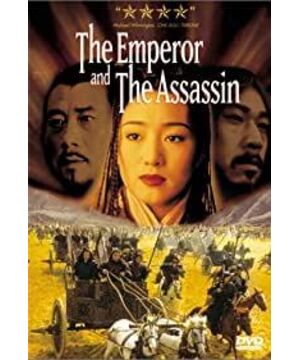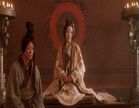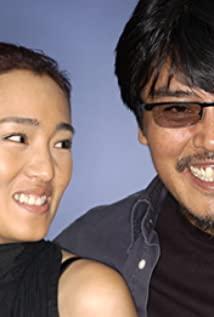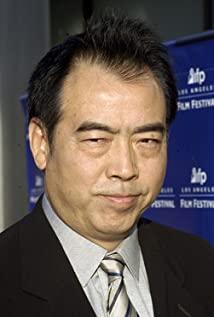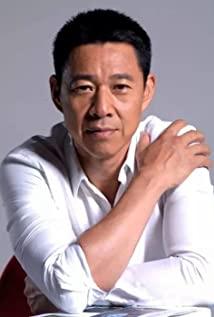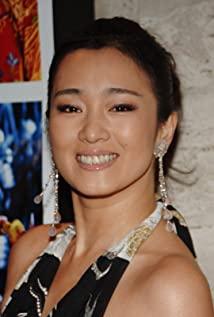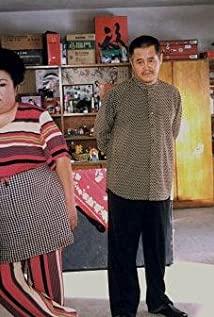The plot of the film has played a role in the historical records, turning the "conspiracy" of assassination into a "conspiracy". Qin Wang and Zhao Ji become the two clues of the film, and the two share a common characteristic - idealism.
At the beginning of the film, when the Korean painters paid tribute to the four seas and returned to one picture, Ying Zheng's words expressed their common ideal: "Counties and counties are established everywhere, and honest officials can manage them. , repair the road to the frontier, build the Great Wall far away, and block the hooves of the Xiongnu and the four barbarians when they attack..."
The idealism of the two has different methodological support. Qin Wang Yingzheng represents extreme realistic idealism, works hard on the ground, and dares to make huge sacrifices for his ideals (forcing his father to death, killing his younger siblings, and killing the children of Zhao State). Zhao Ji has a kind of utopian idealism, longing for the elimination of war, the harmony of the world, and the happiness and well-being of the people.
The conflict between the two idealisms, from compatibility to separation to final, forms the skeleton of the entire film. It is the irreconcilable contradiction inherent in the two idealistic methodologies that drives the whole process of assassinating Qin from the initial plan agreed by Ying Zhao and Zhao to the real assassination.
"Ke took the picture and wrote it, the King of Qin sent the picture, and the picture was poor and the dagger was seen."
The dagger that stabbed Qin appeared twice in the movie. The first time was when Zhao Ji left Qin with Prince Dan, and Ying Zheng gave it to Zhao Ji: "Keep it safe and use it for self-defense", which marked the beginning of the separation between realistic idealism and utopian idealism; the second time it appeared is When Prince Dan and Jing Ke were practicing to assassinate Qin, Zhao Ji proposed to put them on the map of Du Kang as a weapon, which marked the conflict between the two ideals. The dagger is a tool to stab Qin, and it is also a testimony to the contradiction between the two ideals. The screenwriter added another appearance for the dagger on the basis of "Historical Records". On the one hand, it enhanced the inner logic of the plot through foreshadowing, and on the other hand, it also gave the dagger a symbolic meaning.
The other protagonist of the film, the assassin Jing Ke, has the ability to see reality clearly due to the heart disease of the assassination of the blind woman, but with utopian ideals, he has been struggling between two states. When saving the child who stole water, he was willing to suffer the humiliation of his crotch, but he insisted on his own principle - not to kill; when Zhao Ji went to save Zhao, Jing Ke said, "You can't save Zhao, but you should do your best." Knowing that Ying Zheng was prepared, he would not succeed, but he firmly implemented it.
Different from Zhao Ji's radical utopian ideal from looking at problems to acting, this utopian ideal that knows it is impossible to do, endows the film with the tragic and solemnity of "a hero who is gone and never returns". Jing Ke's smile after the failed assassination was not only a mockery of the King Qin's preparations, but also a feeling that his utopian ideal would eventually fail in reality, and he felt relieved to end his self-contradiction with death.
View more about The Emperor and the Assassin reviews


